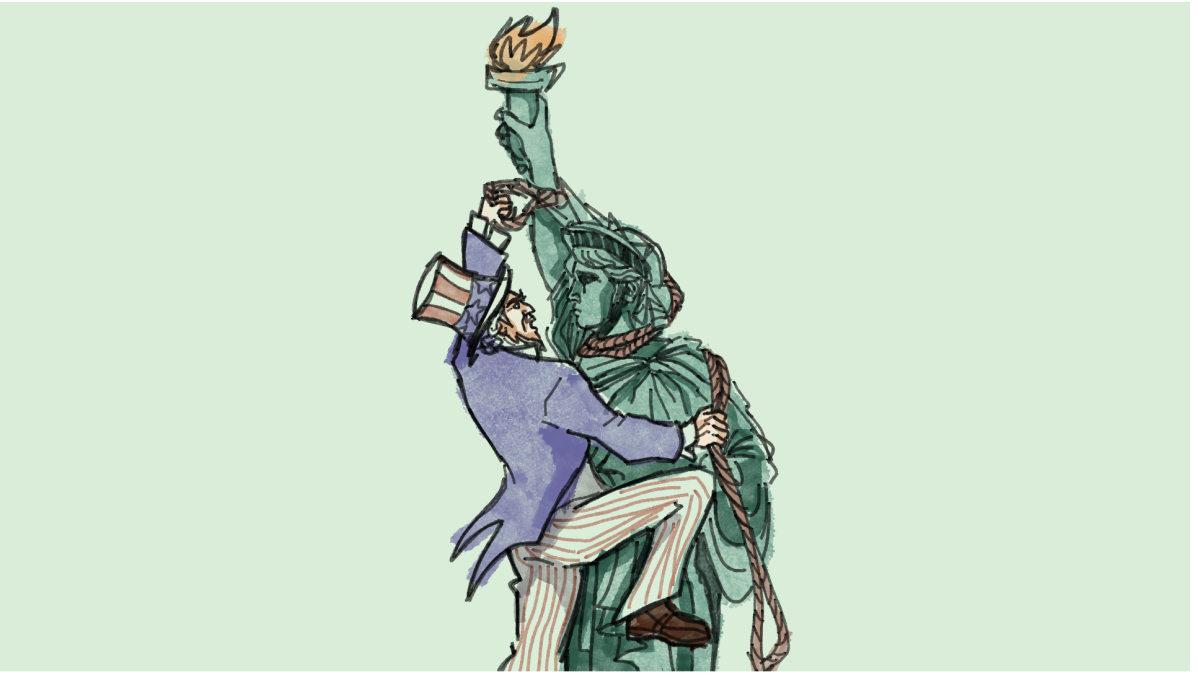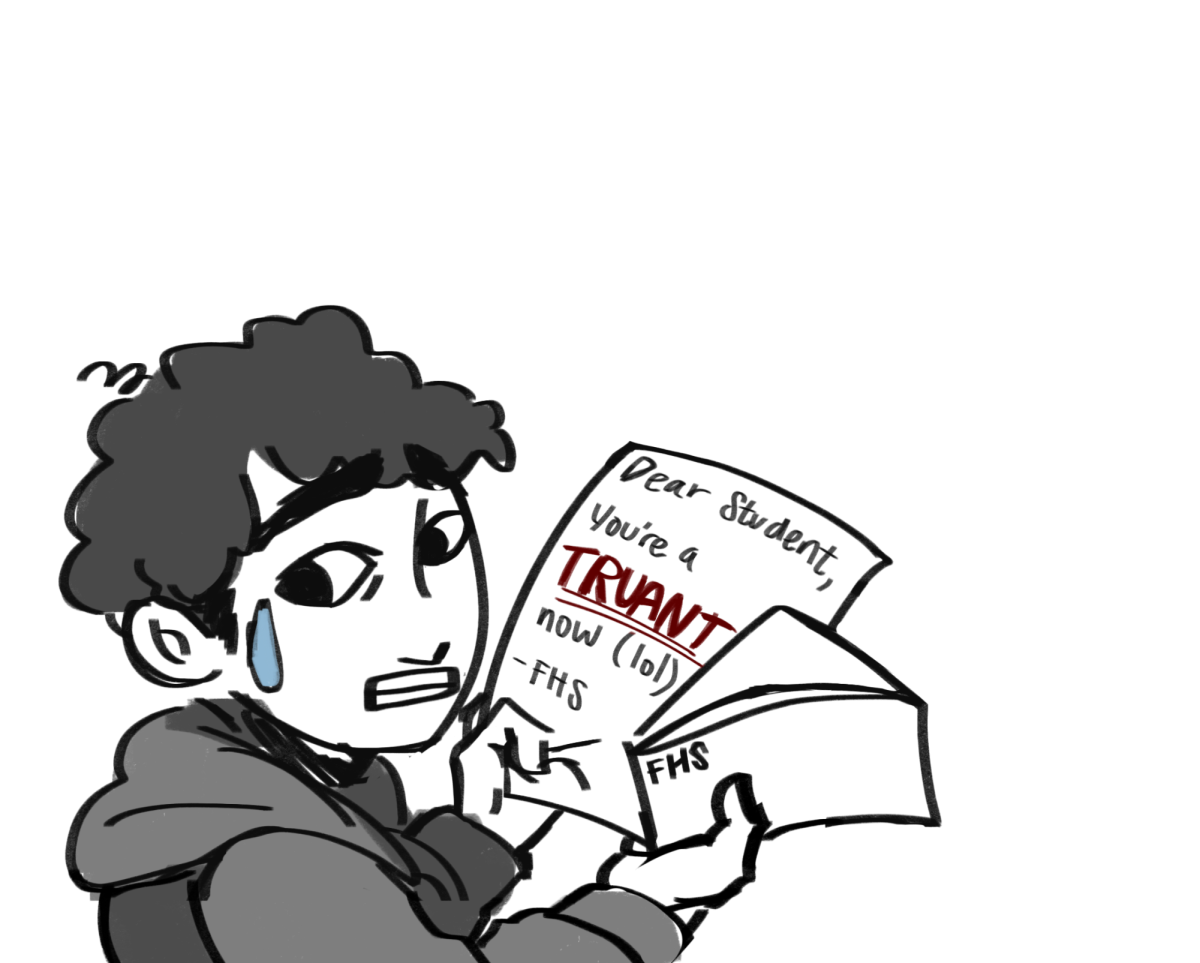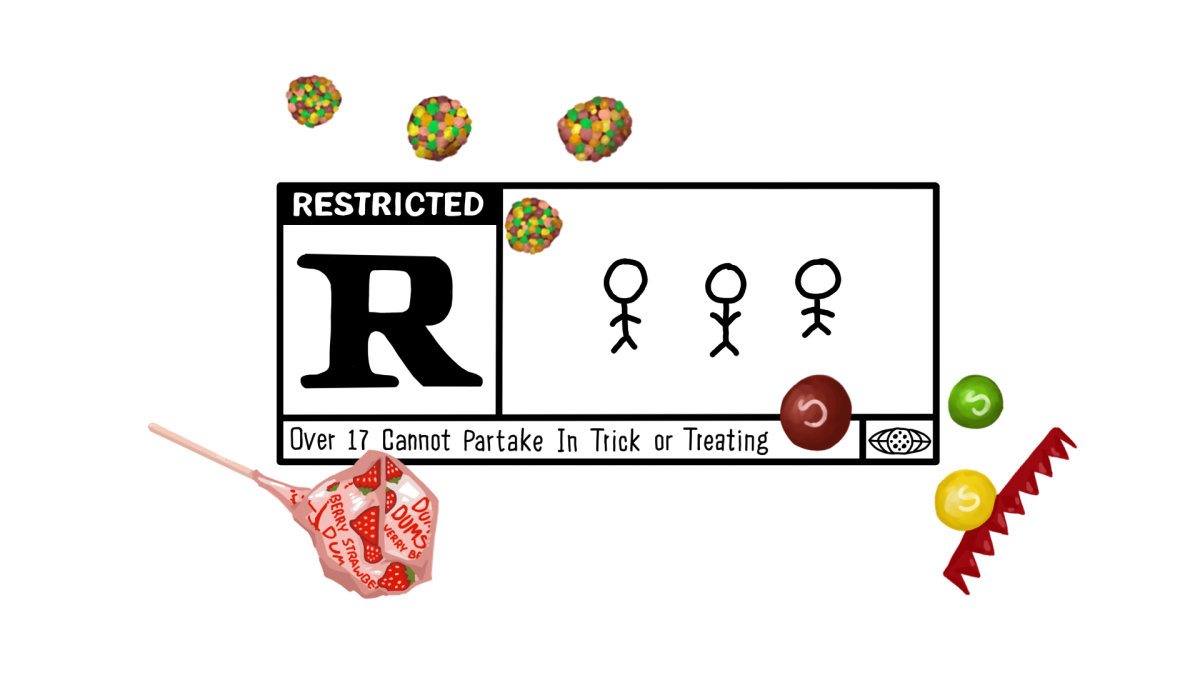Rome was not built in a day, and contrary to the ubiquitous phrase, it did not burn in one either. Empires rise and fall in stages, and as I read dismal news headlines day after day, I cannot help but wonder if we, in the United States, are living through the final stage of our Roman Empire.
Oxford Languages defines an empire as “an extensive group of states or countries under a single supreme authority,” and though we may not have that same level of authority over multiple countries, the U.S. shares numerous qualities with the biggest empires of our past. We share their glories just as we share their flaws, and those flaws may bring our empire’s demise just as they did theirs.
After a period of time consisting of expansion, conquest, pioneering and decadence, an empire begins its true fall. Coined by Sir John Glubb in his essay, ‘The Fate of Empires,’ the final stage of an empire can be described as an age of decline and collapse. This era is marked by internal decay, weakened military, social and cultural decline, civil unrest and one final succession of crises that end in the death of an empire.
One might ask what makes the United States an empire, and what signs point to its decline. For one, we have significant military influence across the globe. The U.S. military has bases in over 70 countries, and has repeatedly intervened in the affairs of other nations in order to protect their own interests. From sending 1.5 million Americans into combat in the Vietnam war to air bombing Iraq in 2003 under the false pretense of hidden weapons of mass destruction, the U.S. has fought to control things outside our borders on numerous occasions.
This history of military intervention points to several signs of overall decline. Currently, the U.S. is charged by the United Nations for committing human rights violations as a result of the poverty and instability caused by its 60+ year embargo on Cuba, and UN experts are raising urgent concerns about the consequences our continual arms transfers to Israel are having on the civilian population in Gaza. Civil unrest is a key factor in an empire’s end stages, and the aforementioned issues only add fuel to the fire. According to Pew Research Center, 28% of Americans feel negatively about both the Democratic and Republican parties, “the highest share in three decades of polling,” with 25% of adults feeling poorly represented by both parties. A growing number of nationwide protests against the U.S. government’s actions are also a clear indicator of the dissatisfaction that citizens are feeling with the country’s leadership, and it does not bode well for our future.
In terms of economy, there are some issues to be concerned about. Internally, we are facing historic levels of national debt — it has reached over 35 trillion dollars, according to the Department of Treasury — a growing income disparity, trade deficits and foreboding changes in monetary policy, not to mention obscene healthcare costs. Globally, we face a potential shift in one of the biggest soft powers of our country: currency.
The U.S. dollar is attractive; it is stable, it stands as the basis of trade for valuable commodities and big financial institutions and it represents shiny American ideals that have influenced the world: capitalism and free markets. Countries that adopt the dollar tend to grow dependent on it, and some nations are trying to move out from under the dollar’s influence. The BRICS countries (Brazil, Russia, India, China and South Africa) have created an initiative for a new currency that would decrease their reliance on the U.S. dollar. This would better trade relations among members, and would undermine U.S. sanctions, or trade restrictions, as a political tool. Though no concrete plans have been made, the idea is threatening to the U.S.’s global dominance and could lead to its gradual erosion.
There are many parallels between today’s American culture and the cultures of past empires preceding their ends. The Roman Empire, for example, experienced a period of heavy military spending, political corruption and economic troubles, but its fall was also marked by cultural fragmentation. With nihilistic values having become the norm for the average Roman citizen, people focused their attention and efforts solely on themselves, pursuing lavish lifestyles which were often paired with indulgent spending habits. The absence of trust and shared values among a people is typically cited as a contributing factor to an empire’s decline.
Living in the U.S. encourages an individualistic lifestyle — you go to work, your paycheck comes in, you spend it paying bills and trying to have fun — or you never get to the point of recreation, because you have to keep working just to make ends meet. This is the system capitalism has set up for us, and the general lack of a strong community support system is proving detrimental to our nation’s health. Life expectancy is plummeting and disease rates skyrocket, all despite our citizens spending some of the largest amounts of money on healthcare. According to The Commonwealth Fund, the U.S. ranks last in access to care compared to other high-income countries. The decline of public services, another sign of an empire in its final stage, has to end somewhere.
Maybe we are at the end, and maybe we aren’t. Empires do not progress in an entirely linear fashion, and we go through periods of decline as well as prosperity. Where we find ourselves in the future depends on how the U.S. handles things from now on — if the Earth has not been completely fried by the sun yet.





















